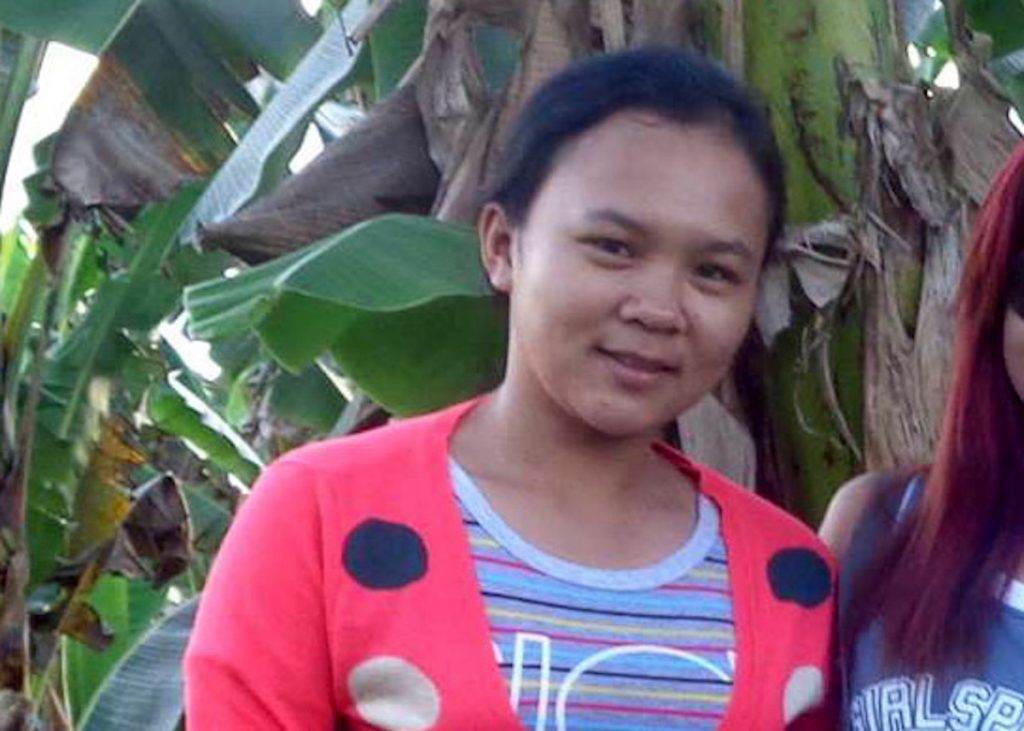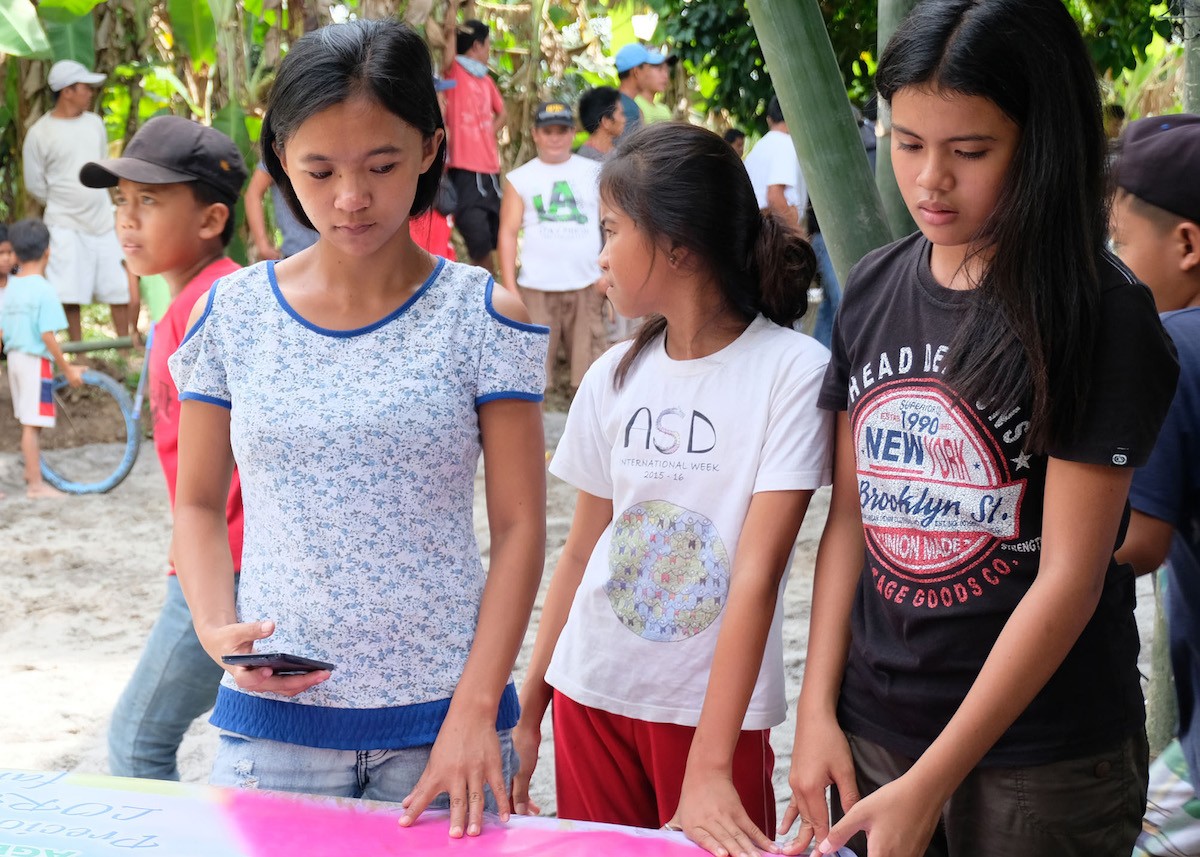For some women in the poor farming village of Tinago in the southern Philippine town of Norala, the only way to rise from the quagmire of poverty is to work as domestic workers abroad.
The lush rice and corn farms deep in the remote village are dotted far and few in between by concrete houses — some in various stages of construction.
Residents proudly point out at the new structures as the fruits of the “sweat and tears” of those who sought greener pastures outside the country.
Most of those who left families and loved ones in Tinago, a Visayan term for “hidden,” are women who work as household helpers in the Middle East.
Jeanelyn Villavende, 26, was one of them.
She dreamt of building a better house for her family. She also wanted to redeem that small piece of land her parents mortgaged.
But fate was not kind to Jeanelyn.
In Kuwait, where she worked as a maid, her employers allegedly abused her and beat her to death.

The autopsy on her remains conducted by Kuwaiti authorities noted that Jeanelyn died “due to acute failure of heart and respiration as result of shock and multiple injuries in the vascular nervous system.”
Even before she left last year for Kuwait, Jeanelyn was already working as a domestic helper in the city of Koronadal in Mindanao.
Her meager monthly income of about US$50 a month was able to support her family. Jovelyn, the 23-year old sister of Jeanelyn, said her sister “kind and amiable.”
After five months in Kuwait, Jeanelyn, who had complained of maltreatment from her employers, was able to send money to her family back home for her family to buy a farm animal.
“Those who killed her should be hanged to death for the pain they inflicted to my sister and to us,” said Jovelyn.
Moises Villavende, an uncle, said his niece was lured to work abroad because women in their town claimed to have found greener pastures abroad.
“Many households in our village have female family members who work as domestic helpers in the Middle East,” he said.
Moises said he discouraged Villavende from going abroad because “fate may not be kind to her.” The woman was, however, determined to provide a better life for the family.
While in Kuwait, Jeanelyn would manage to send about US$200 a month to her family, a portion of which is allocated for the education of an 11-year old stepsister.
Jovelyn said the money her sister sent was not enough to start the construction of the house she dreamt for her family.

Akina Marie, Jeanelyn’s stepsister, celebrated her birthday on Jan. 16, during the wake of the slain maid.
Jeanelyn’s family received about US$20,000 in financial assistance from the Philippine government. The government has also ordered a partial deployment ban of newly-hired workers to Kuwait.
Emeliana, Jeanelyn’s 87-year-old grandmother, described the victim, who only finished high school, as a “very good girl.”
“If you scold her, she would not shoot back,” she said, adding that all the girl wanted in working abroad was to help her family get out of poverty.
She’s gone in a manner described by her family as “dastardly” without realizing her dreams, and no amount of money can compensate that, said the grandmother.
“The perpetrators should be made to pay with their lives also to give justice to my granddaughter’s death,” she said.
Kuwait has agreed to allow the Philippines to join the investigation into the killing of Jeanelyn. The offer was meant to show Kuwait’s commitment to serve justice.
Jeanelyn was finally laid to rest on Jan. 23, as her family demanded anew the death penalty for her employers.
People from all walks of life joined the funeral procession in the sleepy farming town.
Those who were not able to join the procession stood by the roadsides to watch and pay their last respects to a townmate who, like many of them, dreamt of a better future for her family.





